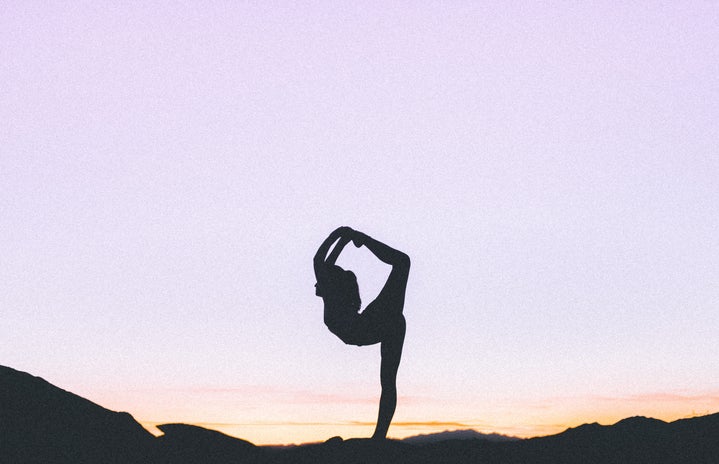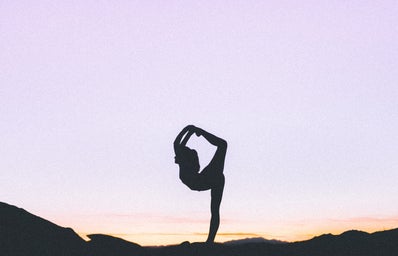When ‘To the Bone’ first released its trailer in 2017, it was met with some criticism; it told the same story again, focused on characters from the same ethnicity, same general demographic, and almost exclusively female (aside from the male love-interest). Instead of looking at men with eating disorders or at overweight people with eating disorders, the movie follows a more generic path. Moreover, the protagonist herself is a walking mental illness stereotype, troubled family and all.
While it is true that the movie does not bring anything new per se to the table, it proved to be a compelling story nonetheless. We follow Ellen (played by Lily Collins) and her journey through inpatient care – a journey that she has undertaken multiple times before with little success. The movie does employ several clichés, complete with dancing in the rain and screamed defiance against the ‘voice’ in the characters’ heads, the climactic realization that life is worth living and the obligatory “I need you” dialogue from the aforementioned love-interest. At the same time, though, it is also able to make the viewer care enough for the characters to take them in stride. Overall, it is a harrowing depiction of one of the deadliest diseases in existence today. Ellen/Eli from the movie is twenty years old, a college dropout owing to her disorder. This fits right in with the statistics – eating disorders are most prevalent among young women, with the condition often starting around 16 years of age.
If you or someone you know is struggling with eating habit disorders, especially if they stem from low body image, it is imperative to seek professional help as soon as possible. One of the most common narratives among people battling eating disorders is that it started with them only wanting to lose a few kilos, and then it snowballed. Every addiction begins with ‘just a little’. (Here is a helpful website for anyone struggling with an eating disorder.)
And while the following can by no means serve as a replacement for professional help, it can’t hurt to try and boost your self-image a little on a regular basis. A few tips: write down a few things you like about yourself, every day. They don’t have to be tied to your appearance. Every time you see your reflection, take note of something in it that you like. If you can’t find anything immediately, stay there and look until you see it. It’s there.
It’s also a good idea to try and surround yourself with better, more accepting media. Following pages on Facebook like Taking Up Space With Kate Brown or Fat Heffalump, for instance. The kind of thing you see on a daily basis has a huge impact on the ways you think.
On a more serious note, it’s important to pay attention to your relationship with food, and how you think about it, especially in relation to your body. Things such as only eating some foods when you’ve ‘earned’ them by burning off a certain number of calories, or feeling the need to burn off any junk food you eat, for instance, or feeling so guilty after overeating one day that you try to compensate for it by undereating the next day, can leave you feeling trapped in a vicious cycle. These are dangerous thought patterns that need to be acknowledged and stalled before they can gain too much of a hold over you.
If you’re going to let something consume you, let it be something that will create and not destroy. If your life is going to be taken over by anything then let it be something that brings you happiness. People can have such an impact on the world, and on other people’s lives. They/ we can achieve so much more when we’re not losing so much time and mental energy obsessing over superficialities. Of course, it’s important to lead a reasonably healthy lifestyle, but part of that lifestyle is remembering that you are not here to look pretty.
Edited by: Priyanka Shankar, UG 2019
Visual content curated by: Aqsa Pervez, ASP 2019


